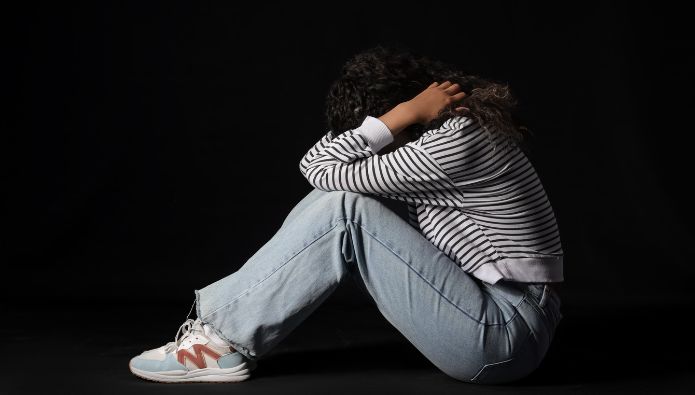Understanding Panic Attacks: When Fear Feels Overwhelming
If you’ve ever experienced a moment when your heart races, your chest tightens, and it feels like the world is closing in—you’re not alone. Panic attacks can be intense, frightening, and confusing, especially when they seem to come out of nowhere. But the truth is, they’re more common than many people realize—and there is help and hope.
What Is a Panic Attack?
A panic attack is a sudden surge of overwhelming fear or discomfort that peaks within minutes. It can happen without warning, even when there’s no obvious danger. During a panic attack, people often experience symptoms such as:
- Rapid heartbeat or palpitations
- Difficulty breathing or feeling like you’re choking
- Dizziness or lightheadedness
- Chest pain or discomfort
- Sweating, trembling, or chills
- Nausea or stomach upset
- A sense of detachment from reality (also called depersonalization or derealization)
- Fear of losing control, going crazy, or dying
These symptoms can feel terrifying—and very real. But panic attacks are not life-threatening, even though they often feel that way.
Why Do Panic Attacks Happen?
The reasons vary from person to person. For some, panic attacks are linked to specific situations, like driving, being in a crowded space, or speaking in public. For others, they may be triggered by certain sounds, smells, images, or environments that remind the nervous system—often unconsciously—of past stress or danger. These sensory cues can act like emotional flashbacks, even when there’s no immediate threat.
Panic attacks can also be a response to:
- Chronic stress or unresolved trauma
- Major life transitions or loss
- Health concerns or medication side effects
- Anxiety disorders, such as panic disorder
Sometimes the fear of having another panic attack becomes so overwhelming that it starts to shape daily choices and routines. When that happens, it can feel like anxiety is in control. But it doesn’t have to stay that way.
You’re Not Broken—and You’re Not Alone
One of the hardest parts of experiencing panic attacks is the shame or self-doubt that often follows. You may wonder, “What’s wrong with me?” or worry that others won’t understand.
Please hear this: There is nothing wrong with you. Panic attacks are a real and treatable experience. They are your nervous system sounding an alarm—often too loudly—when it thinks you’re in danger. But your brain and body can learn new patterns. Healing is possible.
How Therapy Can Help
If panic attacks are interfering with your life, therapy can provide tools, insight, and support. Together, we can work to:
- Understand what triggers your panic responses
- Reconnect you with a sense of safety in your body
- Practice techniques that help regulate your nervous system
- Identify and shift thought patterns that fuel fear
- Build resilience and confidence in your ability to cope
Therapy isn’t about “fixing” you. It’s about helping you feel more in control, more grounded, and more at peace.
Gentle Next Steps
You don’t have to navigate this alone. Whether you’ve experienced one panic attack or they’ve become a recurring part of your life, you deserve support that feels calm, safe, and non-judgmental.
At our practice, we work with people just like you—people who are learning to breathe more easily again, both literally and emotionally.
If you’re ready to begin, or even just curious about how therapy could help, we invite you to reach out.
You are not your panic. You are not your fear. You are not alone. Reach out today.
 N/a
N/a


